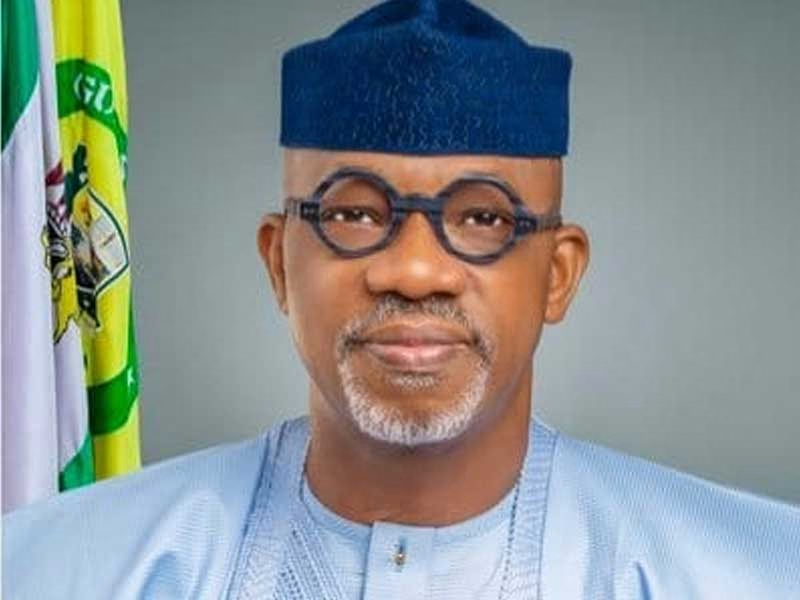The mood in Ogun State remains upbeat after the All Progressives Congress (APC) emerged victorious in the Sagamu/Ikenne/Remo North Federal Constituency bye-election held on Saturday, August 16, 2025.
The election, one of several conducted nationwide to fill vacant legislative seats, was closely monitored as a test of Governor Dapo Abiodun’s popularity and performance. The APC’s landslide victory, strongly backed by the governor, was widely interpreted as a firm vote of confidence in his administration. The results announced by the Independent National Electoral Commission (INEC) left no room for doubt—the people reaffirmed their trust in the ruling party.
As the first major election in the state since Abiodun’s re-election, the outcome also served as a public endorsement of his administration’s flagship projects, notably the Gateway International Airport (GIA) located in the same senatorial district. Winning such a decisive contest in this area suggests broad approval of the government’s developmental direction.
Yet, beyond this victory, a more pressing political question looms: Who will succeed Governor Abiodun in 2027?
Ogun West’s Long-Awaited Turn
Since Ogun State was created in 1976, the governorship has rotated between Ogun Central and Ogun East. Collectively, Central has produced leaders who served for 14 years, while East will round off 20 years by the end of Abiodun’s second term. In stark contrast, Ogun West, home to the Yewa and Awori people, has never produced a democratically elected governor despite its vast population and significant economic contributions.
This imbalance has left the people of Ogun West feeling politically excluded and underdeveloped compared to the other zones. Their growing demand is not just for symbolic representation, but also for a fair share of infrastructure, governance, and opportunities.
APC’s Succession Test
The agitation for power shift to Ogun West has become the defining issue for 2027. While there is a strong moral and historical case for zoning the seat to the district, aspirants from Ogun Central and Ogun East are still positioning themselves for the race. Their argument rests on merit and competence over zoning. However, this stance risks deepening the alienation of Ogun West and creating division within the APC.
The party now faces a critical dilemma: either embrace fairness by supporting Ogun West or risk disunity, defections, and voter backlash that could weaken its dominance in the state. Nigerian political history is filled with ruling parties that collapsed internally after failing to manage succession disputes effectively.
Leadership and Fairness
The burden rests on the shoulders of APC leaders, particularly Governor Abiodun, to ensure justice, fairness, and inclusiveness in the succession process. The continued silence of the state leadership has only fuelled suspicion, especially among Ogun West indigenes who interpret it as a ploy to sideline their long-standing demand.
Some observers believe the establishment is deliberately avoiding a clear stance, using proxies to test public opinion while keeping all aspirants hopeful. While this may seem like a strategic move, it undermines public trust and heightens feelings of betrayal among the marginalized.
Moving Forward
The stakes are high. Any mishandling of the zoning issue could lead to internal sabotage, defections to opposition parties, or the rise of rival factions within the APC—all of which would endanger its continued dominance. For the party to remain united and credible, it must demonstrate political maturity by embracing equity and correcting the historical imbalance.
The Yewa/Awori call for 2027 is not merely about politics—it is about fairness, inclusion, and justice long overdue. If the APC genuinely seeks to consolidate its hold on Ogun, then giving Ogun West a chance at the governorship is not just desirable; it is necessary.

